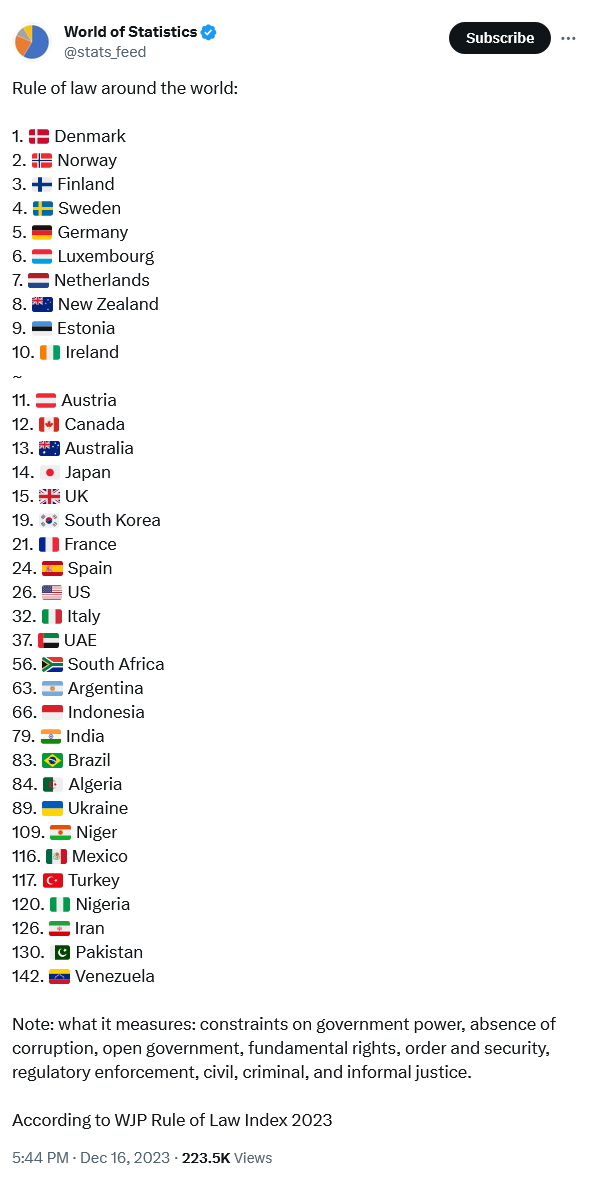Embark on a profound journey to question the dynamics of power, ownership, and societal bonds within the framework of government. Explore the truth about the state's role, the people's ownership, and the shared responsibilities that shape our collective consciousness.
#AwakeningConsciousness #EmpoweredCitizens #SocietalReflections #PoliticalInsights #PublicResponsibility
In the complex landscape of societal structures, our perception of the state often oscillates between that of a nurturing guardian and an authoritative figure. However, a closer examination unravels a more nuanced reality, revealing the state as neither a maternal figure nor a stern patriarch. Instead, it emerges as a system intricately crafted from the contributions of its people.
The State: A Functional System, Not a Guardian
At its essence, the state operates as a mechanism designed to address societal challenges, streamline processes, and enhance overall convenience. Contrary to conventional notions, the state does not claim ownership; rather, it is a construct molded by the collective will of its citizens, chosen through the democratic process of voting.
Unveiling Power Dynamics
When dissecting power dynamics within the state, it becomes clear that the true proprietors are the people. However, the traditional hierarchical structure often portrays a scenario where the masters—the citizens—bear burdens, while the servants—the state institutions—flourish. This paradox raises fundamental questions about the alignment of power and responsibility.
Institutions: Servants or Disgraced Entities?
A closer examination reveals a system where institutions meant to serve the public sometimes evolve into costly and indebted entities. The paradox deepens as those meant to serve luxuriate in opulence, residing in palaces, while the true owners—the citizens—endure the hardships of deprivation.
Challenging the Norms
The dissatisfaction voiced by the people is not an expression of ill will; rather, it is a response to perceived inadequacies and poor performance of the state. It is crucial to recognize that, in this equation, the masters—the citizens—are not the traitors. Instead, disloyalty resides within the servants—the institutions of the state.
A Call to Correct Ranks
In addressing societal grievances, it is imperative for the servants, the institutions of the state, to introspect and correct their ranks. The focus should be on rectifying internal issues rather than deflecting blame onto the citizens. A harmonious relationship between the people and the state hinges on acknowledging mutual responsibilities and fostering interdependence.
Economic Realities: Shared Burdens
A thought-provoking question arises: if the masters cease to earn, who will bear the weight of the state's borrowing? Economic intricacies underscore the symbiotic relationship between the state and its people. The burden of financial sustenance is a shared responsibility, emphasizing the need for a balanced and equitable distribution of roles.
Empowered Owners, Flourishing Nations
History illuminates nations where the people, as the true owners, wield significant influence and contribute to national development. Countries like China, Qatar, Turkey, Oman, and Brunei exemplify the transformative power of a state whose owners—the people—are empowered.
A Call to Collective Consciousness
In concluding this discourse, the call to consciousness is not a mere protest against the system but a shared responsibility. It extends to both the citizens and the institutions of the state. The path to a harmonious and thriving society lies in mutual recognition of duties, correction of imbalances, and the pursuit of a shared vision for the common good.
Final Thoughts
As we unravel the intricacies of government, power, and ownership, it becomes evident that the state is a dynamic entity shaped by the collective will of its people. The key to a prosperous and equitable society lies in fostering a symbiotic relationship where both citizens and the state recognize their roles, correct their ranks, and work together for the betterment of the nation.













